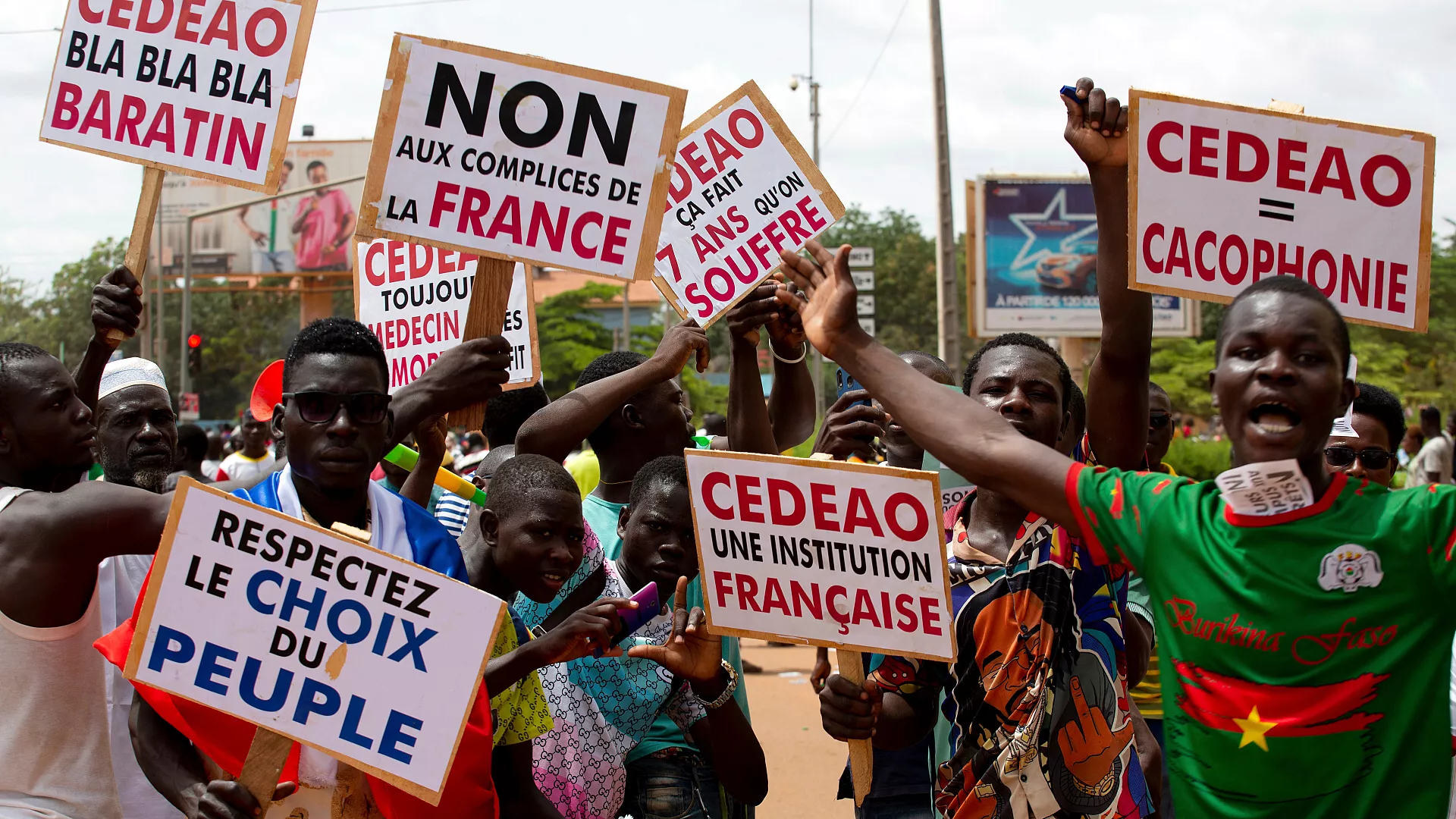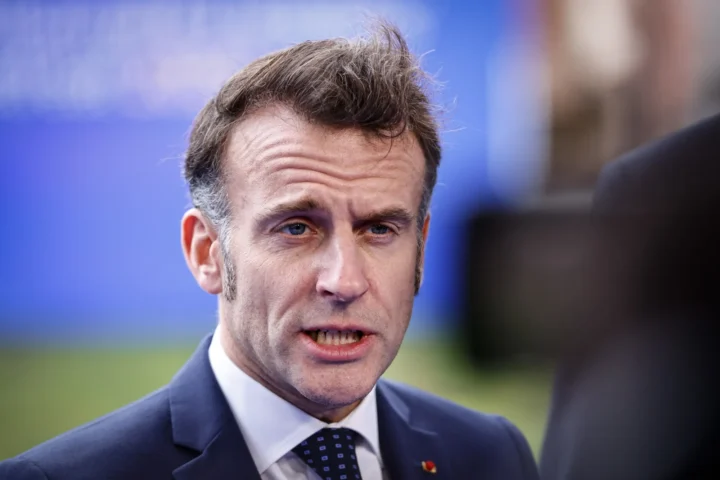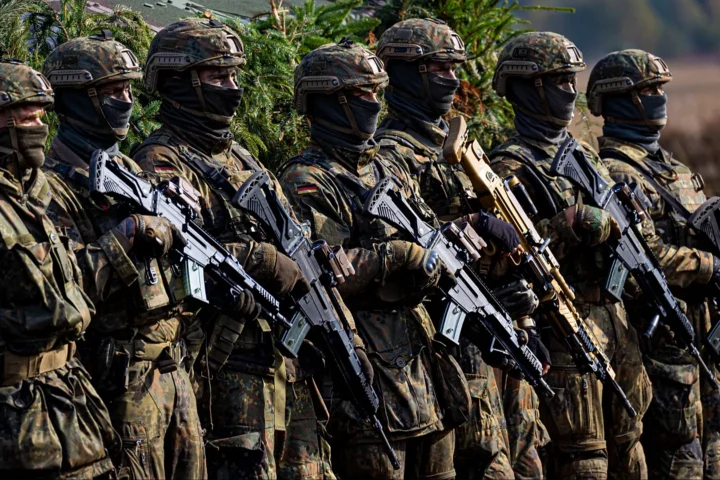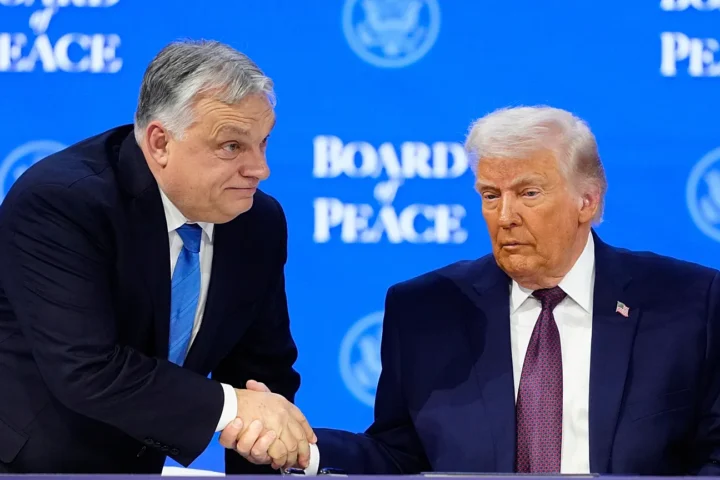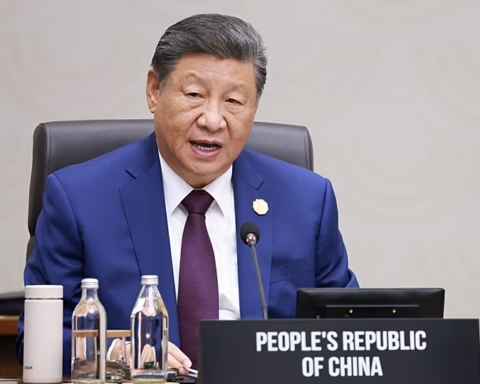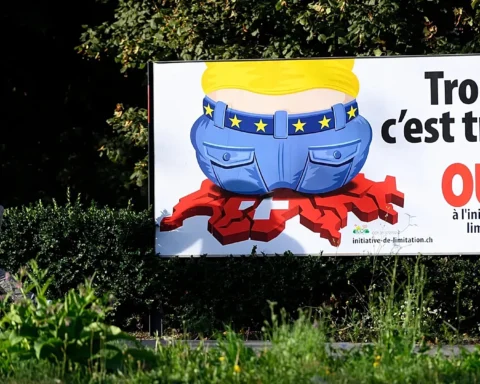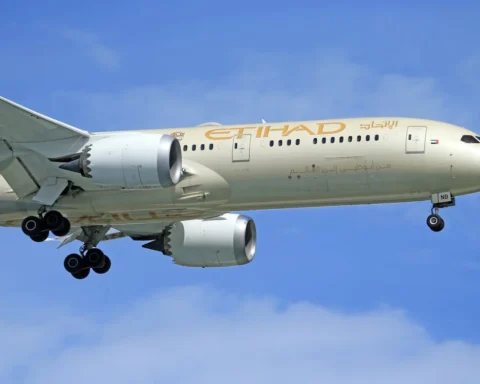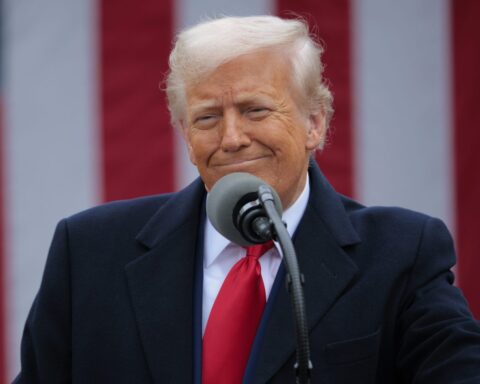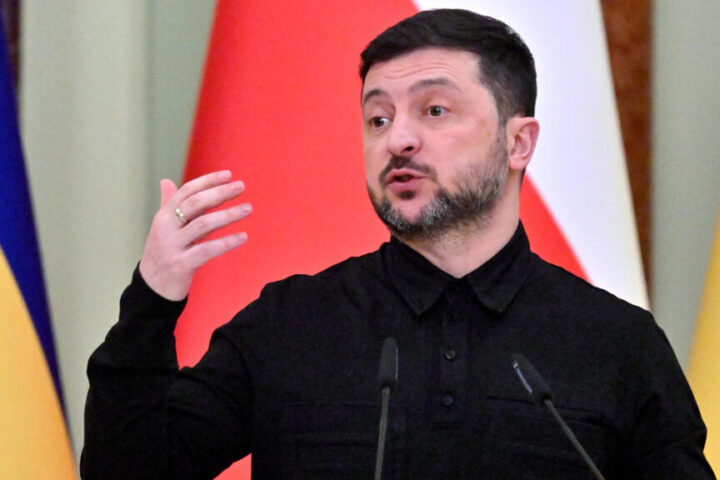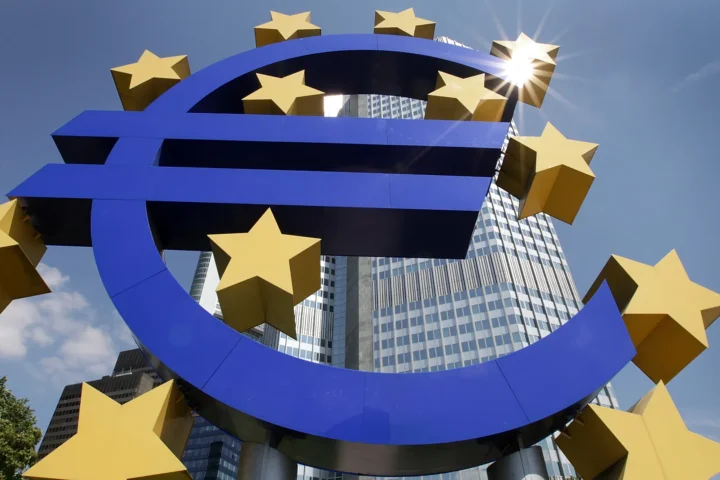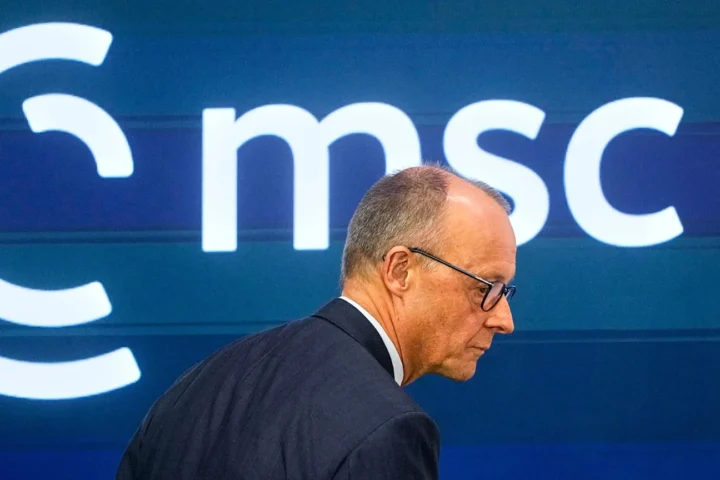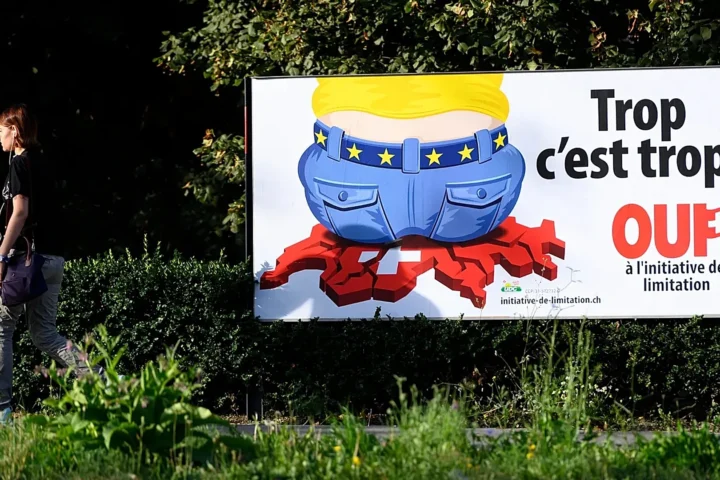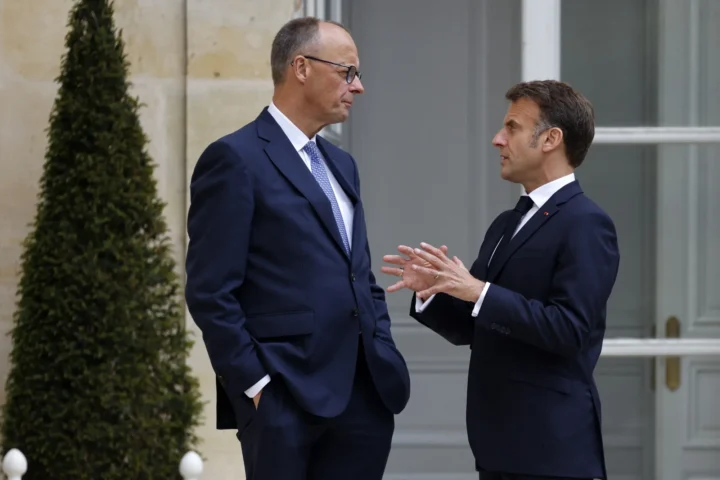In a recent development, Burkina Faso’s military junta has taken the decisive step of expelling three French diplomats, citing alleged subversive activities. The announcement, revealed through a government document shared on social media, underscores escalating tensions between the two nations.
Identified as political advisors, the expelled diplomats have been designated persona non grata and instructed to depart the country within 48 hours, according to the document issued by the Ministry of Foreign Affairs.
Although specifics regarding the purported subversive activities remain undisclosed, the French foreign ministry swiftly responded, expressing regret over the expulsion and vehemently refuting the accusations. Emphasizing adherence to diplomatic protocols under the United Nations framework, France denounced the decision as lacking legitimate grounds.
This latest episode exacerbates the strained relationship between Burkina Faso and its former colonial power, France. The rift deepened notably in 2023 when the military junta, echoing actions taken by neighboring Mali, severed military cooperation with France, leading to the abrupt withdrawal of hundreds of French troops.
Despite the passage of more than six decades since Burkina Faso’s independence, French continues to serve as an official language, underscoring the enduring ties between the two nations, particularly in economic and humanitarian spheres. However, mounting anti-French sentiment, fueled in part by the escalating Islamist extremist insurgency, has clouded bilateral relations.
Following a second coup in 2023, calls for bolstering ties with Russia emerged among anti-French demonstrators, reflecting a shifting geopolitical landscape. Furthermore, the junta’s recent withdrawal from the Economic Community of West African States (ECOWAS) signals a broader strategic realignment, aligning Burkina Faso with Mali and Niger amidst diverging interests with regional and Western partners.
As Burkina Faso navigates these geopolitical shifts, the expulsion of French diplomats serves as a poignant illustration of the evolving dynamics shaping the nation’s foreign policy trajectory.
